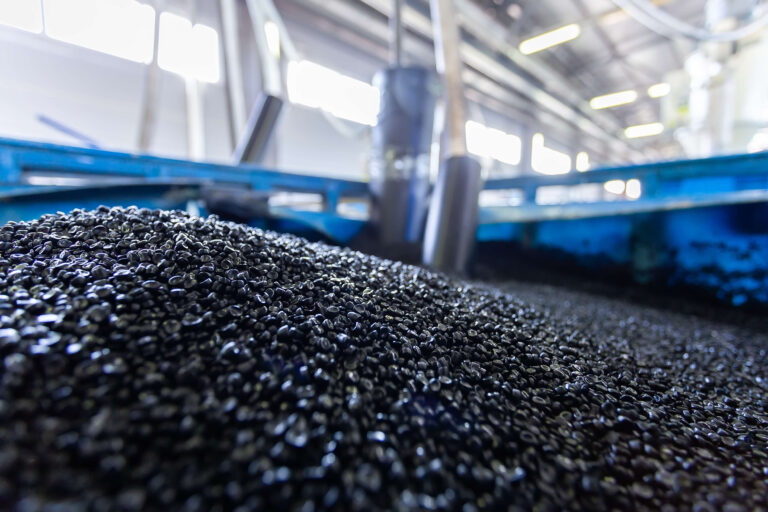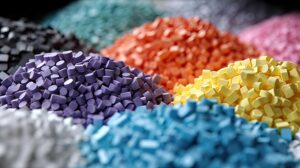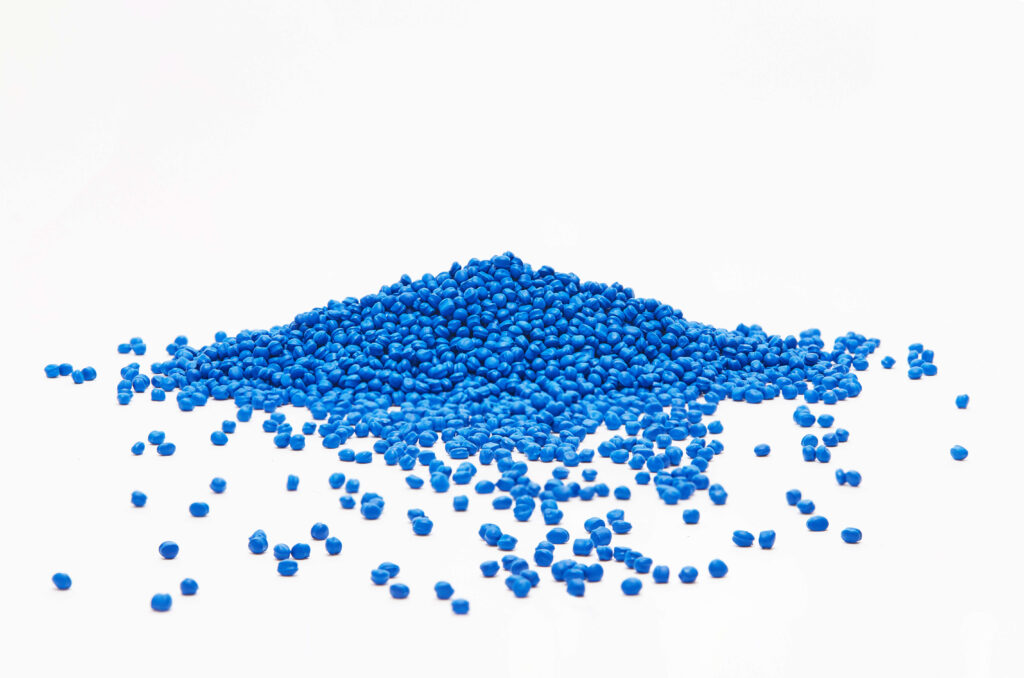
Plastic materials used in environments prone to contamination with biomatter often incorporate antimicrobial additives. These additives play a crucial role in preventing the gradual deterioration of plastics caused by bacteria and similar factors. Here’s an overview of antimicrobial additives in plastic manufacturing and their significance.
What are Antimicrobial Additives?
Antimicrobial additives in plastics inhibit the growth of microbes and prevent bacteria, fungi, and other microorganisms from thriving on or within plastic surfaces. By incorporating antimicrobial additives, plastics maintain their integrity and hygiene, making them suitable for industries where microbial contamination is a concern.
By incorporating antimicrobial additives into plastics, manufacturers can create products that actively resist the colonization and growth of harmful microorganisms. This helps prevent the formation of biofilms, microbial degradation, odor generation, and the spread of pathogens on plastic surfaces. As a result, antimicrobial plastics are commonly used in a wide range of applications where cleanliness, safety, and hygiene are paramount.
The incorporation of antimicrobial additives ensures that plastic products remain hygienic and free from microbial contamination throughout their lifecycle. This is particularly important in industries such as healthcare, food processing, water treatment, hospitality, and consumer goods, where the risk of microbial growth and transmission is high. Antimicrobial plastics help reduce the spread of infectious diseases, maintain product quality and safety, and extend the lifespan of various items.
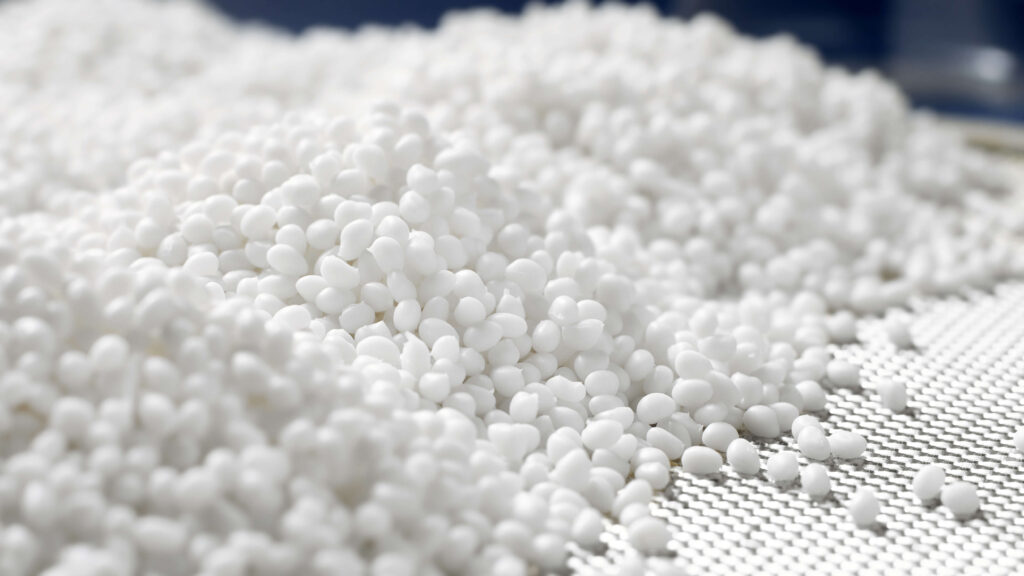
Benefits of Antimicrobial Additives
There are several important reasons for adding antimicrobial additives to plastic, including:
Preventing the Spread of Disease
Plastics are often used in applications like healthcare and food service, where stopping the spread of disease is important. Antimicrobial additives kill microbes, limiting the chances of cross-contamination.
In healthcare settings, plastic products such as medical devices, equipment, and surfaces are prone to colonization by harmful bacteria, viruses, and other pathogens. The presence of such microbes can pose serious risks to patients and healthcare workers, leading to the transmission of infections.
Similarly, in food service and food processing industries, plastics are widely used for packaging, utensils, food storage containers, and various surfaces. Antimicrobial additives in plastic products help control the growth of bacteria and other pathogens, ensuring that food remains safe and free from contamination. This reduces the risk of foodborne illnesses, enhances food safety standards, and maintains the quality and integrity of food products.
Protecting Plastic Against Bacteria, Fungi, and Viruses
Microbes’ attempts to colonize and feed off the plastic can lead to significant deterioration, resulting in weakened parts less resilient to harsh conditions. By incorporating antimicrobial additives, the detrimental effects of microbes are mitigated, ensuring the long-term integrity and durability of the plastic components.
Increasing Product Lifespan
When plastic is exposed to microbes, it becomes increasingly challenging to effectively decontaminate. Microbes compromise cleanliness, causing damage and accumulating debris. Some microbes can even take root in the plastic, further exacerbating the problem. These issues are minimized by preventing microbes from colonizing and residing on plastic, leading to a prolonged lifespan.
Applications for Antimicrobial Additives in Plastic Products
Antimicrobial additives are used in plastics in any application where microbes can contaminate them.
Some of the most common applications include:
- Medical equipment and devices
- Food packaging and reusable cooking tools
- Household items, including cleaning supplies
- Construction projects where parts are exposed to the elements or water
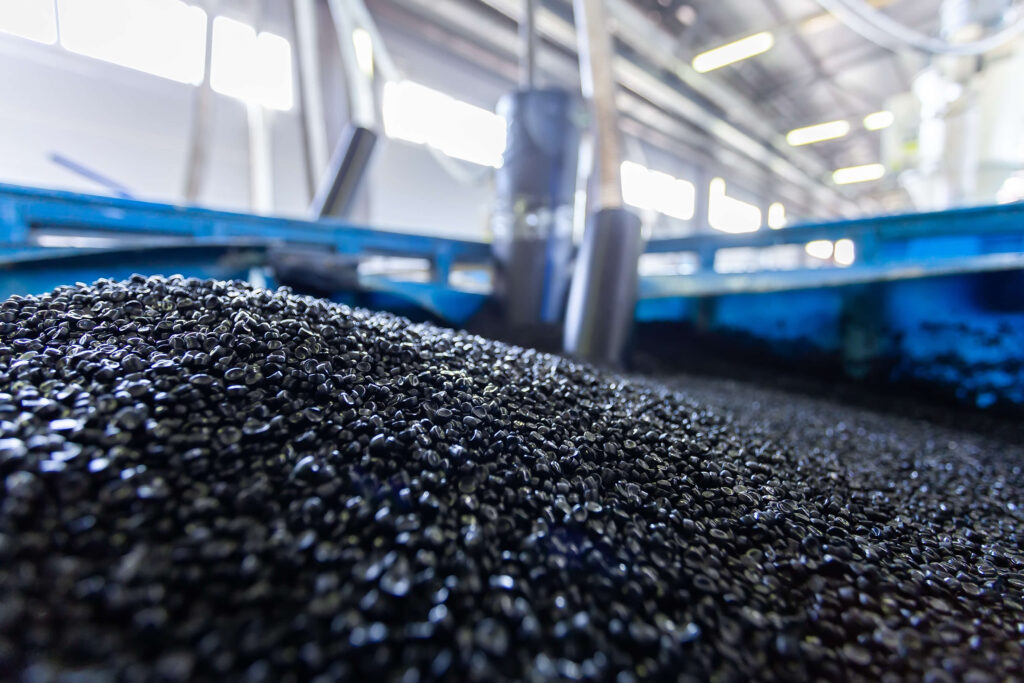
Make Sure You Have the Right Plastic
If you require plastic parts that are frequently exposed to microbes and necessitate the prevention of cross-contamination, it is crucial to utilize plastic materials integrated with antimicrobial additives. We encourage you to contact us now to acquire the appropriate plastic with antimicrobial properties for your upcoming project. Our team will provide a competitive quote tailored to your specific requirements.

